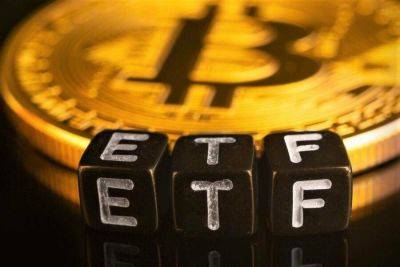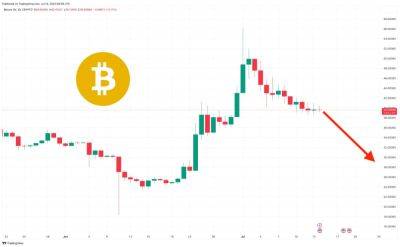US Treasury yields are rising — What does it mean for Bitcoin price?
United States Government bonds, or Treasurys, have a tremendous influence across all tradeable markets, including Bitcoin (BTC) and Ether (ETH). In that sense, risk calculation in finance is relative, so every loan, mortgage and even cryptocurrency derivatives depend on the cost of capital attributed to U.S. dollars.
Assuming the worst-case scenario of the U.S. government eventually defaulting on its own debt, what happens to the families, businesses and countries holding those bonds? The lack of interest debt payments would likely cause a global shortage of U.S. dollars, triggering a cascading effect.
But, even if that scenario comes to fruition, history shows us that cryptocurrencies may work as a hedge during periods of uncertainty. For instance, Bitcoin vastly outperformed traditional wealth preservation assets during the U.S.-China trade war in May 2021. Bitcoin gained 47% between May 5 and May 31, 2021, while the Nasdaq Composite shed 8.7%.
As the general public owns over $29 trillion in the U.S. Treasury, they are deemed the lowest risk in existence. Still, the price for each of those government bonds, or the yield traded, will vary depending on the contract maturity. Assuming there’s no counterparty risk for this asset class, the single most important pricing factor is the inflation expectation.
Let’s explore whether Bitcoin’s and Ether’s price will be impacted by the growing demand for U.S. Treasurys.
If one believes that inflation will not be restrained anytime soon, this investor is likely to seek a higher yield when trading the Treasury. On the other hand, if the U.S. government is actively devaluing its currency or there's an expectation for additional inflation, investors will tend to seek refuge in US
Read more on cointelegraph.com





















